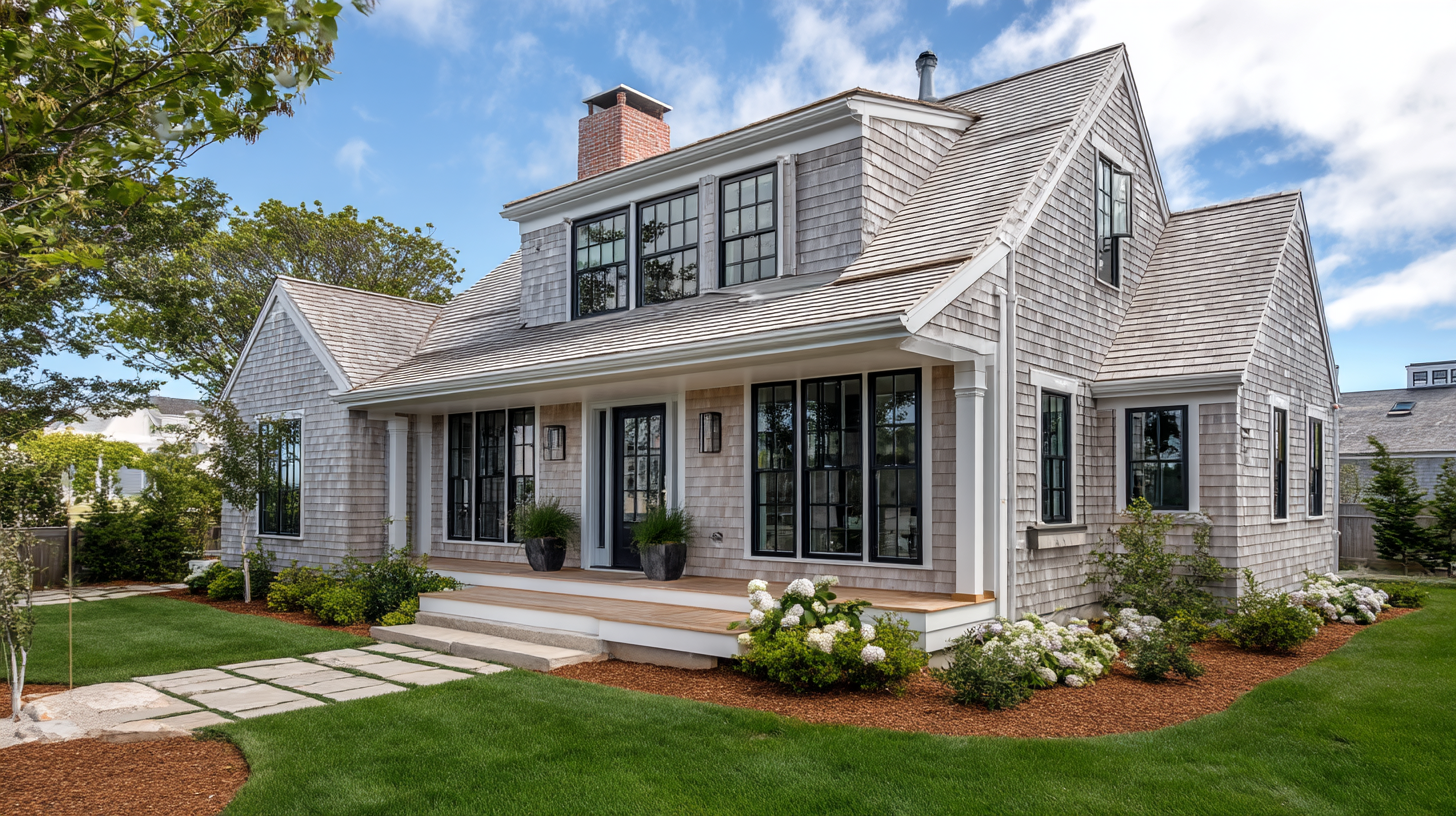Is It a Good Time to Sell a House in 2025? A Deep Dive into Today’s Market

In this post we examine whether is it a good time to sell a house in 2025, and we unpack all the market conditions, mortgage rates, buyer demand, home prices, personal circumstances, and other factors a homeowner needs to weigh. Our goal is to help you decide whether to sell your home now or wait, especially if you’re working with an experienced real estate agent or considering a quick sale.
We’ll cover how the local market interacts with national real estate trends, what buyers are doing, where interest rates fit in, and what your financial situation and home equity mean for you. Let’s get started.
The Big Question: Is It a Good Time to Sell a House in 2025?

To answer is it a good time to sell a house, we must look at market conditions, not just the national headlines, but the local market where your property sits. Even if the national association reports milder growth, your ZIP code might be strong, or weak.
In 2025, the federal reserve continues to influence mortgage interest rates as it navigates the broader financial markets. Interest rates remain elevated; mortgage rates have resisted sharp declines. That pushes some prospective buyers to the sidelines, resulting in fewer buyers actively searching. As a result, buyer demand is cautious. At the same time, many homeowners have accumulated more equity, which gives them flexibility. In some areas, housing supply is constrained, which helps home sellers in what can still be considered a seller's market. In others, many sellers are listing, and inventory levels are on the rise, meaning more competition.
If your home is well priced, in good shape, and in a market with demand, you can still get higher prices or even multiple offers. But it’s a mixed bag across the country. The decision depends heavily on additional factors.
Key Forces Shaping the Decision to Sell
Here are the core forces that influence whether 2025 is a good year to sell a house.
Mortgage Interest Rates & Affordability
One of the biggest constraints is mortgage payment burden. Mortgage rates influence how much a buyer can borrow. When interest rates are high, fewer potential buyers qualify or are willing to stretch their budgets. That weakens buyer interest.
If rates drop even a bit, more buyers may reenter the market, boosting demand. But until then, homes that carry high list price tags may stall.
Buyer Demand & Buyer Interest
Buyer demand is not uniform. In some local markets, high demand persists for desirable neighborhoods, well-maintained homes, or homes near good schools. Prospective buyers are more selective now. They may skip homes needing major repairs or with outdated features.
When buyer interest is strong, you may see bidding wars or at least multiple offers. When interest is weak, homes linger, forcing price reductions or even closing costs concessions.
Inventory, Housing Supply & Competition
If there are few homes for sale in your area, home sellers have an edge. But in markets where many sellers are listing, buyers have choices. That means your home must be compelling.
High inventory levels increase competition, which can erode pricing power. In such markets, it’s vital to work with a real estate agent or an alternative buyer who can help you stand out.
Home Prices, Equity & Taxes
What do home prices look like in 2025? Many markets are seeing moderate growth or price stability rather than dramatic rises. However, your home equity may be significant if you bought years ago or refinanced. That equity gives you flexibility: you can pay off your mortgage and fees, including any taxes you may have to pay, and still walk away with cash.
Still, with more sellers in some regions, you can’t assume automatic appreciation. You’ll need to look at comps and trends in your neighborhood.
Closing Costs, Agent Commissions & Net Proceeds
When you sell your house, you’ll typically incur agent commissions, closing costs, and other fees. These can subtract 5% to 10% or more from your gross price. These costs must be factored into whether a home sale makes financial sense for you.
If you use a good agent, they’ll help you price, market, and negotiate to offset those costs. Or, you might consider selling directly (such as to a home‑buying company) to eliminate or reduce commissions and simplify the process.
Personal Circumstances & Timing
Sometimes your personal circumstances override market timing. Maybe you have a new job in another city, a divorce, health issues, or inherited a property. In such cases, waiting for ideal conditions may not be realistic.
Your financial situation should also be considered. Do you need freed-up cash? Are your carrying costs (taxes, mortgage, maintenance) too high? Sometimes selling quickly is the wiser option.
Pros and Cons of Selling in 2025

Pros
- Many homeowners have more equity than in prior years, giving leverage.
- In areas with few homes and low housing supply, sellers can still command top dollar.
- Prospective buyers who are active tend to be serious, reducing time spent sifting through offers.
- Cash offers and as‑is buyers reduce the risk of buyer financing falling through.
- You may avoid future fluctuations, interest rate hikes, or economic shocks.
Cons
- Buyer demand is muted in many markets because of tight budgets and high mortgage rates.
- Homes may sit longer, leading to price reductions or concessions in closing costs.
- More competition in saturated markets means you must work harder to stand out.
- Agent commissions and fees eat into your net proceeds.
- If you wait and rates drop, you might have missed a more favorable selling window.




